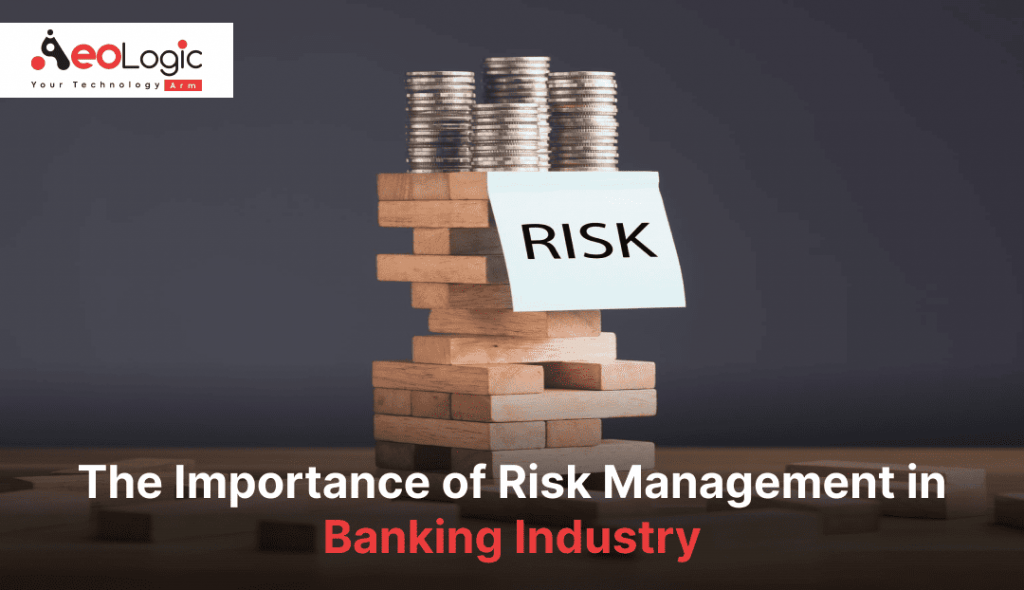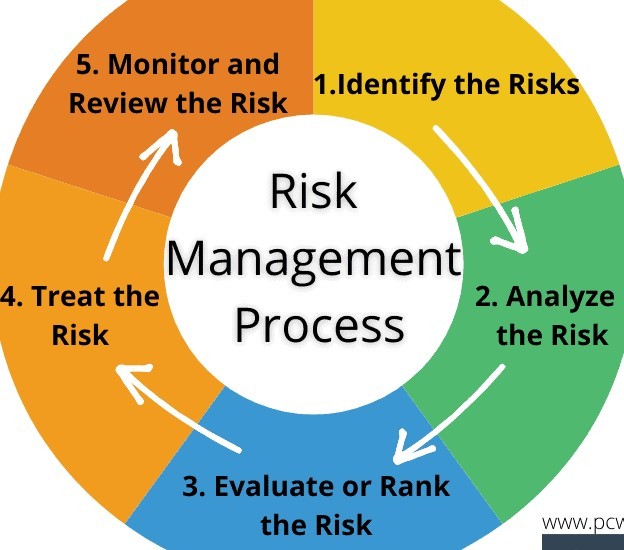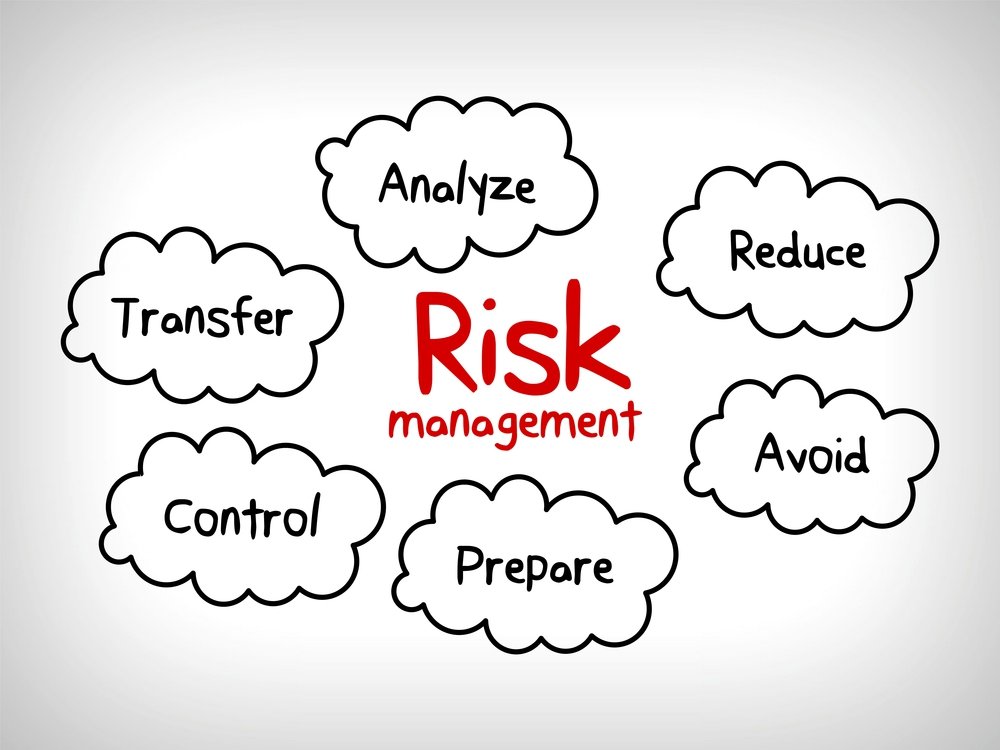The Value of Recognizing the Relevance of Risk Management in Various Industries

The Core Idea of Risk Management and Its Purpose
Risk Management, the keystone of numerous markets, depends upon the recognition, analysis, and mitigation of unpredictabilities in a company atmosphere. It is an integral method that permits companies to protect their properties, credibility, and overall survival. By properly identifying potential risks, services can establish strategies to either prevent these risks from taking place or minimize their impact. The examination procedure involves evaluating the likelihood and possible extent of these threats. The reduction procedure includes developing techniques to minimize their potential impact once dangers have been identified and evaluated. This process is ongoing and intermittent, guaranteeing that services are planned for the ever-changing nature of Risk in various markets. The main function, thus, is to foster strength among uncertainties.
Advantages of Carrying Out Risk Management in Organization Procedures

Introducing the Function of Risk Management in Different Industries
While every market challenges its unique set of threats, the execution of Risk Management methods stays a common measure in their quest of sustainability and development. In the health care field, Risk Management requires making sure client security and data security, while in financing, it includes mitigating investment risks and making certain regulatory compliance (importance of risk management). Building firms concentrate on worker security, task hold-ups, and budget overruns. In the innovation market, firms alleviate cybersecurity threats and innovation obsolescence. Inevitably, the duty of Risk Management throughout industries is to identify, examine, check this and mitigate dangers. It is an essential component of strategic planning, making it possible for companies to shield their assets, optimize possibilities, and accomplish their objectives.
Real-life Study Demonstrating Effective Risk Management
To comprehend the significance of Risk Management in these several sectors, one can want to several real-life circumstances that highlight the successful application of these actions. For example, in the energy field, British Petroleum created Risk reduction prepares post the 2010 Gulf of Mexico oil spill. They applied much better security procedures and more stringent guidelines which dramatically decreased additional crashes. In finance, Goldman Sachs efficiently navigated the 2008 monetary dilemma by recognizing prospective mortgage-backed securities threats early. Last but not least, Toyota, publish the 2011 quake in Japan, modified its supply chain Management to reduce interruption dangers. These cases show exactly how sectors, learning from crises, efficiently used Risk Management strategies to minimize future threats.
Future Patterns and Growths in Risk Management Strategies
As the globe continues to progress, so too do the patterns and growths in Risk Management strategies. Fast innovations in innovation and data analytics are reshaping the Risk landscape. Big data and AI are now important in forecasting and minimizing threats. Organizations are leveraging these devices to develop anticipating designs and make data-driven decisions. Cybersecurity, when an outer worry, has actually catapulted to the leading edge of Risk Management, with techniques concentrating on response, avoidance, and discovery. The integration of ESG (Environmental, Social, Governance) factors right into Risk Management is one more growing trend, showing the raising acknowledgment of the role that environmental and social threats play in business sustainability. Thus, the future you can check here of Risk Management hinges on the fusion of advanced technology, innovative methods, and an alternative method.
Conclusion
To conclude, understanding the relevance of Risk Management across a spectrum of industries is vital for their long life and success. Tailored methods can aid alleviate possible risks, guard properties, and foster stakeholder depend on. Additionally, aggressive decision-making aids in regulatory compliance and maximizes resource usage. Ultimately, successful Risk Management adds to more resilient and lasting companies, highlighting the relevance of this method in today's dynamic and highly competitive service environment.
While every sector challenges its unique collection of dangers, the implementation of Risk Management strategies stays a typical denominator in their pursuit of sustainability and development. In the healthcare field, Risk Management involves guaranteeing patient safety and information protection, while in money, it entails mitigating investment risks and making certain regulative compliance. Ultimately, the duty of Risk Management across industries is to recognize, examine, and minimize dangers. These cases show exactly how sectors, finding out visit this site from situations, successfully used Risk Management techniques to reduce future risks.
